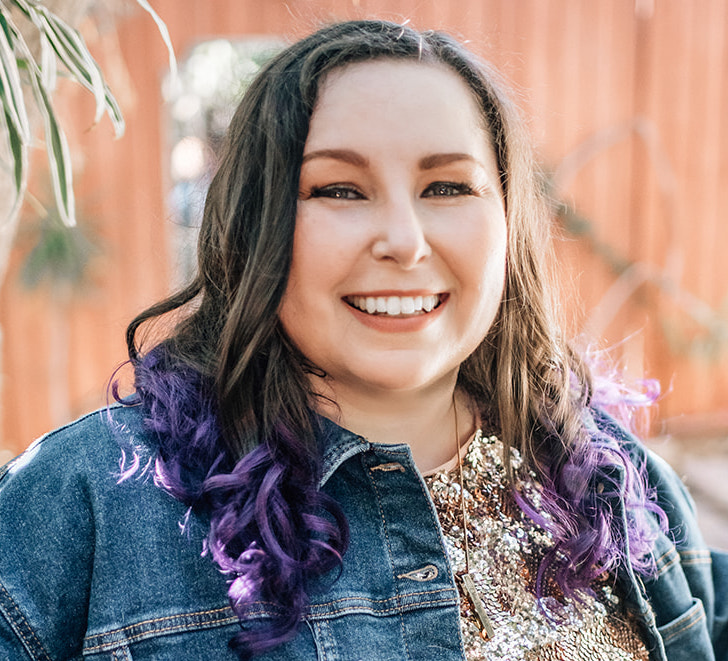Co-occurring Disorders
Co-occurring disorders
Natalie Feinblatt, Psy.D.
LACPA Local Advocacy Network (LAN) Chair & Board Member
 Co-occurring disorders, also known as dual diagnosis, refers to the presence of two or more disorders or conditions in an individual simultaneously. These disorders can be mental health disorders such as depression, anxiety, or Bipolar Disorder, or they can be substance use disorders such as alcoholism or drug addiction.
Co-occurring disorders, also known as dual diagnosis, refers to the presence of two or more disorders or conditions in an individual simultaneously. These disorders can be mental health disorders such as depression, anxiety, or Bipolar Disorder, or they can be substance use disorders such as alcoholism or drug addiction.
Co-occurring disorders can be challenging to diagnose and treat, as symptoms from one disorder can often mask or worsen the symptoms of another disorder. However, it is essential to identify and address co-occurring disorders to provide individuals with the best possible treatment and outcomes.
In the United States an estimated 8.4 million adults experience both a mental health disorder and a substance abuse disorder in a given year. Among individuals with a substance abuse disorder, 43% also have a mental health disorder, and among individuals with a mental health disorder, 20% also have a substance abuse disorder.
The causes of co-occurring disorders are complex and can vary. However, several risk factors can increase the likelihood of developing both a mental health disorder and a substance abuse disorder simultaneously, including:
